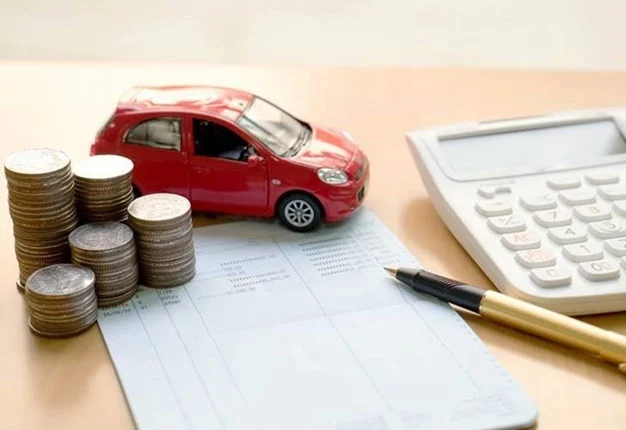When it comes time to part ways with your trusty vehicle, there’s more at stake than just the sentimental value. Selling your car can be a golden opportunity to recoup a significant portion of your initial investment, especially if you lay the right groundwork. Whether you’re looking to upgrade or simply streamlining your possessions, understanding how to maximize your car’s resale value is akin to unlocking a financial perk of ownership. This comprehensive guide will equip you with the knowledge and strategies to secure the best possible return on your four-wheeled investment.
Inspect and Restore: The First Step in Value Retention
Before your car goes on the market, a thorough inspection is in order. Potential buyers will scrutinize everything, and any worn-out component can detract from your car’s appeal and value. The following are essential aspects to address in your pre-sale inspection:
Mechanical Refresh
Start with an oil change and tune-up if necessary. Address any pending maintenance items and make sure the car runs smoothly. Fix the brakes, check the suspension, and ensure that the steering is solid. A car with a clean bill of health will fetch a higher price and attract more discerning buyers.
Detailing Excellence
A clean car is a sellable car, but a detailed one is a profitable one. Invest in a professional detailing service or take the time to deep clean the interior yourself. Shampoo the carpets, condition the leather, and pay attention to detail. A spotless interior suggests to potential buyers that the car has been well-cared for.
Cosmetic Rejuvenation
Small dings and scratches may seem inconsequential, but they can deter buyers and lower your car’s perceived value. A visit to a body shop to repair these blemishes is worth the expense. Consider a fresh coat of paint if the car’s exterior is particularly worn.
Curb Appeal
Once the car is mechanically sound and looking its best, address common areas of visual appeal. Replacing the windshield wipers, polishing the headlights, and ensuring that the tires have good tread can make a significant difference in how the car presents itself to buyers.
Document Your Maintenance and Upkeep
A car with a documented maintenance history is more appealing and can command a higher price. Gather all your service records, and present them in a neat portfolio for inspection. This not only instills confidence in potential buyers but also serves as a testament to the care you’ve taken with your vehicle. If you’ve recently invested in high-value maintenance items such as a new timing belt or a transmission overhaul, make sure these standout accomplishments are clearly noted.
Understanding Your Market: Pricing Strategies
Determining a fair asking price is a balancing act. Price the car too low, and you risk leaving money on the table. Price it too high, and you may struggle to attract any buyers. Here are a few strategies to help you price your car appropriately:
Research Comparable Sales
Online marketplaces can provide a wealth of information on what similar cars are selling for. Pay attention to the year, make, model, mileage, and condition of these comparable vehicles when setting your price.
Consider Seasonal and Regional Factors
Time of year and location can influence the value of your car. For example, a convertible might fetch more in the summer, while a four-wheel-drive vehicle will likely be more desirable in the winter.
Competitive Pricing
If you’re looking for a quick sale, consider pricing your car slightly below market value. This might attract more buyers and spark a bidding war, potentially driving the final sale price higher.
Be Willing to Negotiate
Set your asking price with a bit of wiggle room for negotiations. A buyer who feels they’ve haggled a good deal is often a happy buyer, and a happy buyer is more likely to make the purchase.
Final Thoughts: Wrapping Up the Sale
Selling a car (sælg bil) can be a complex and sometimes daunting process, but with careful planning and attention to detail, it can also be a profitable one. Remember, every action you take to present your car at its best, document its history, and manage the sale process ethically can pay dividends in the final selling price.
By following the guidance in this post, you are not only likely to increase your car’s resale value but also to establish a reputation as a conscientious and trustworthy seller. And who knows, the buyer of your well-maintained car may just be setting the stage for their ultimate resale, too. With these tips in hand, both parties can drive away from the transaction with a sense of satisfaction and a deal well done.


